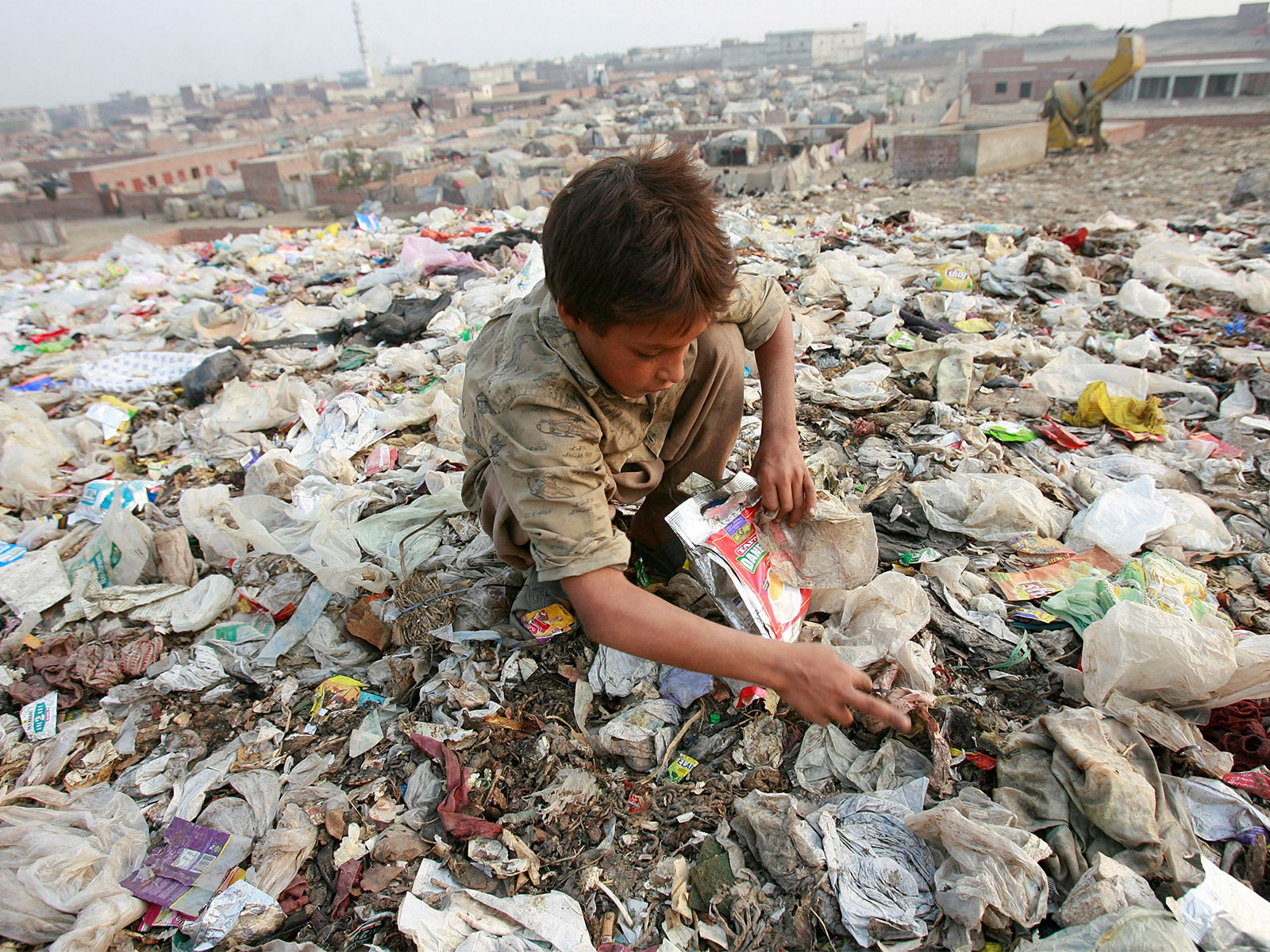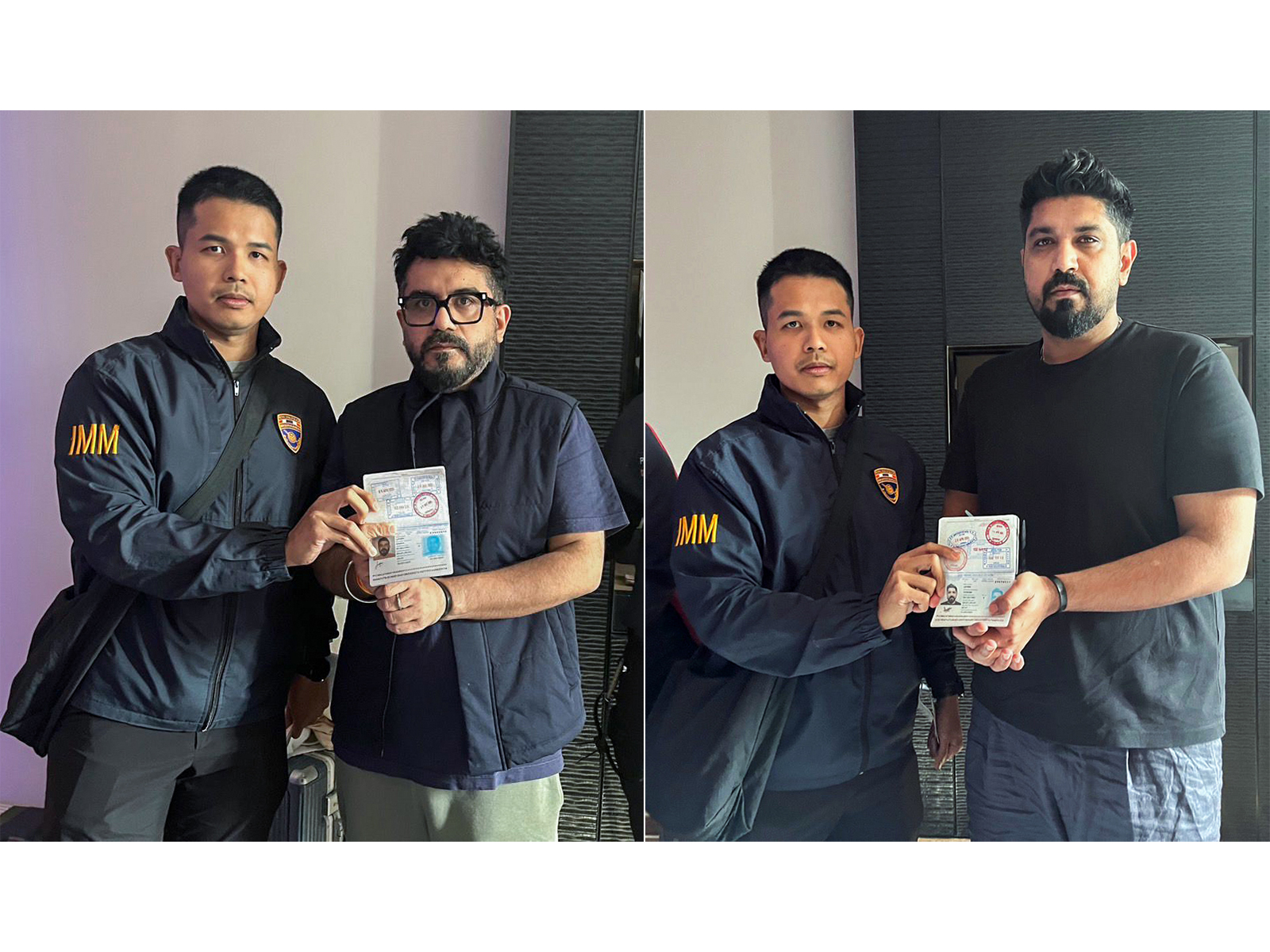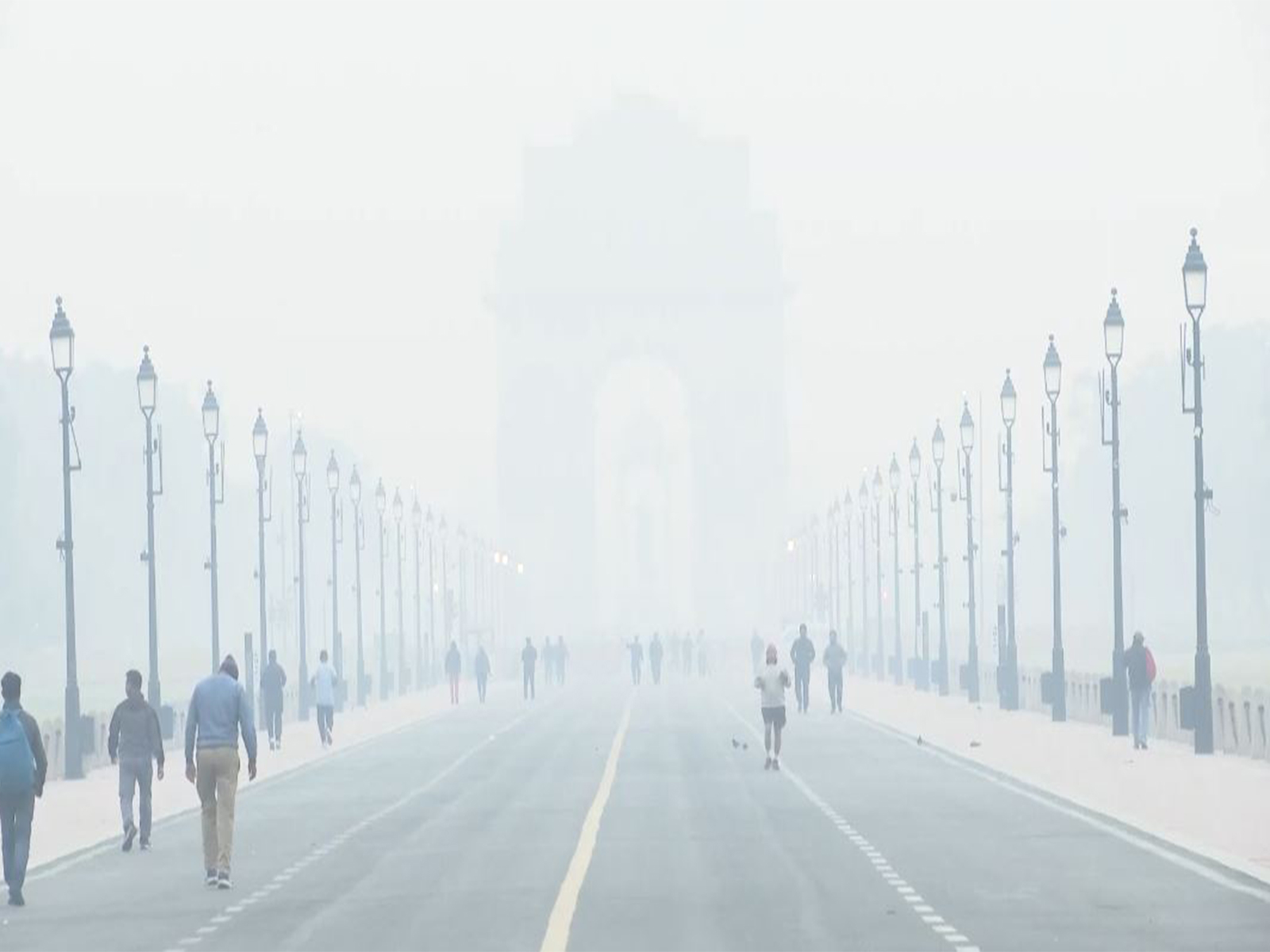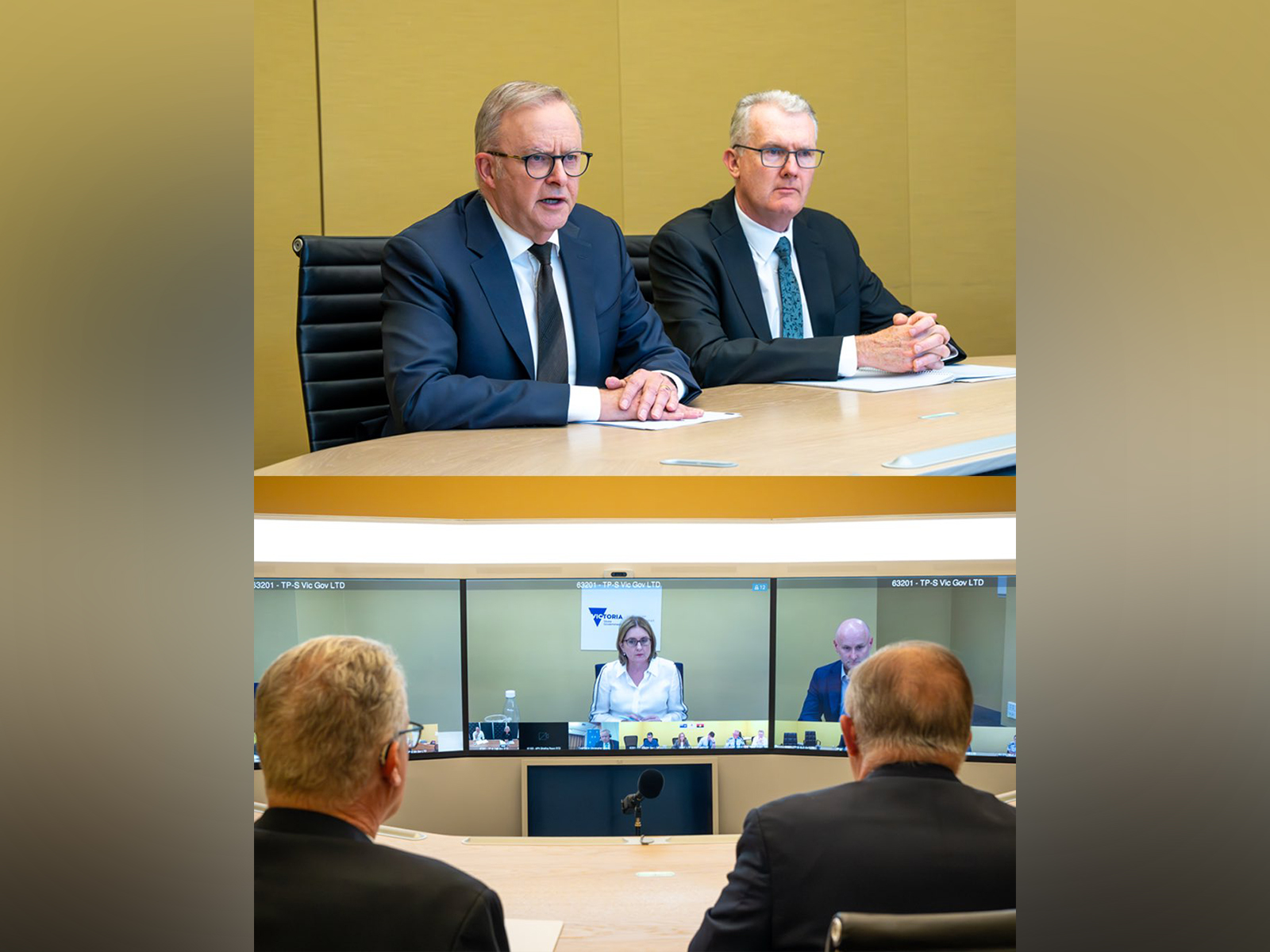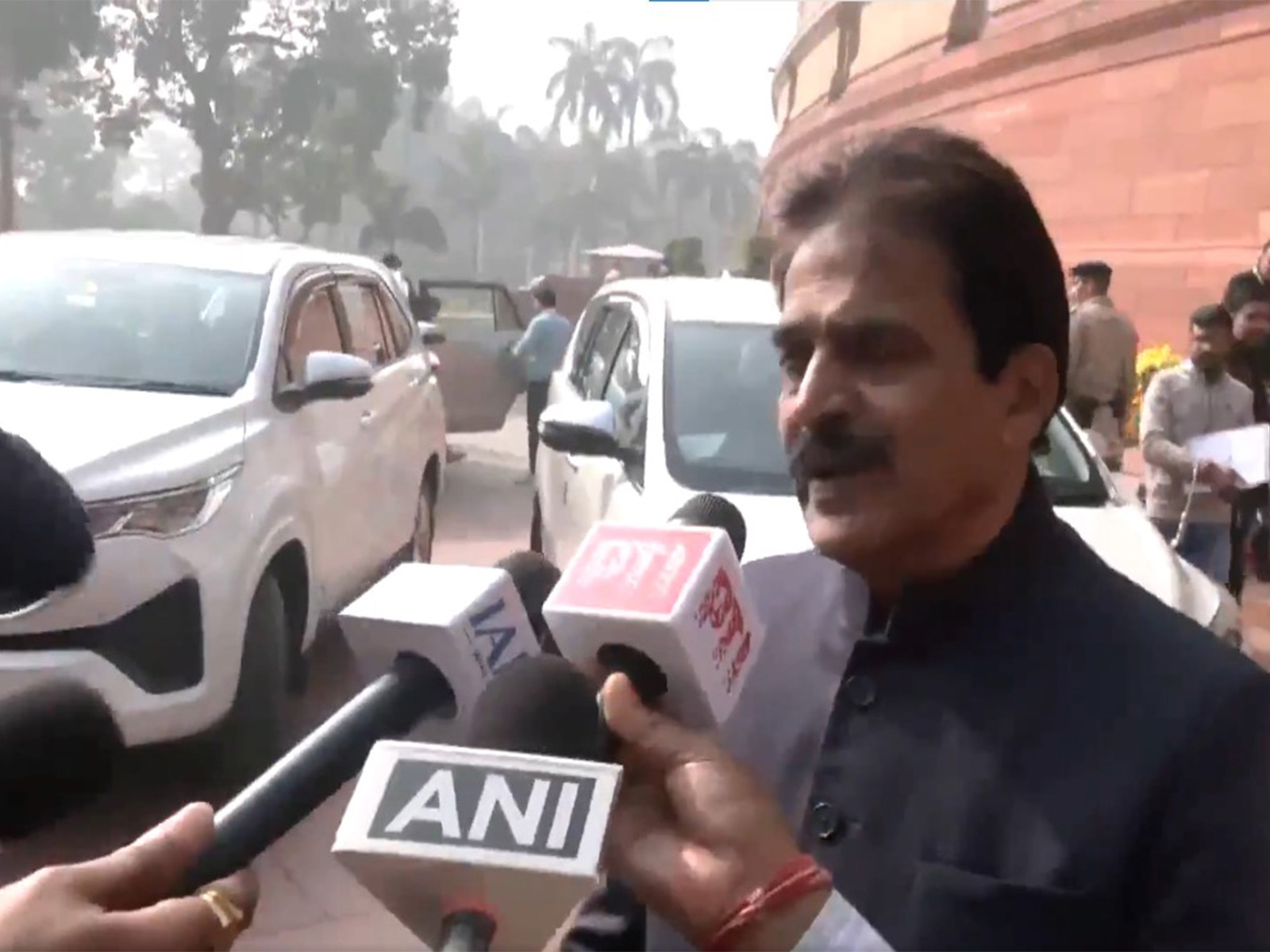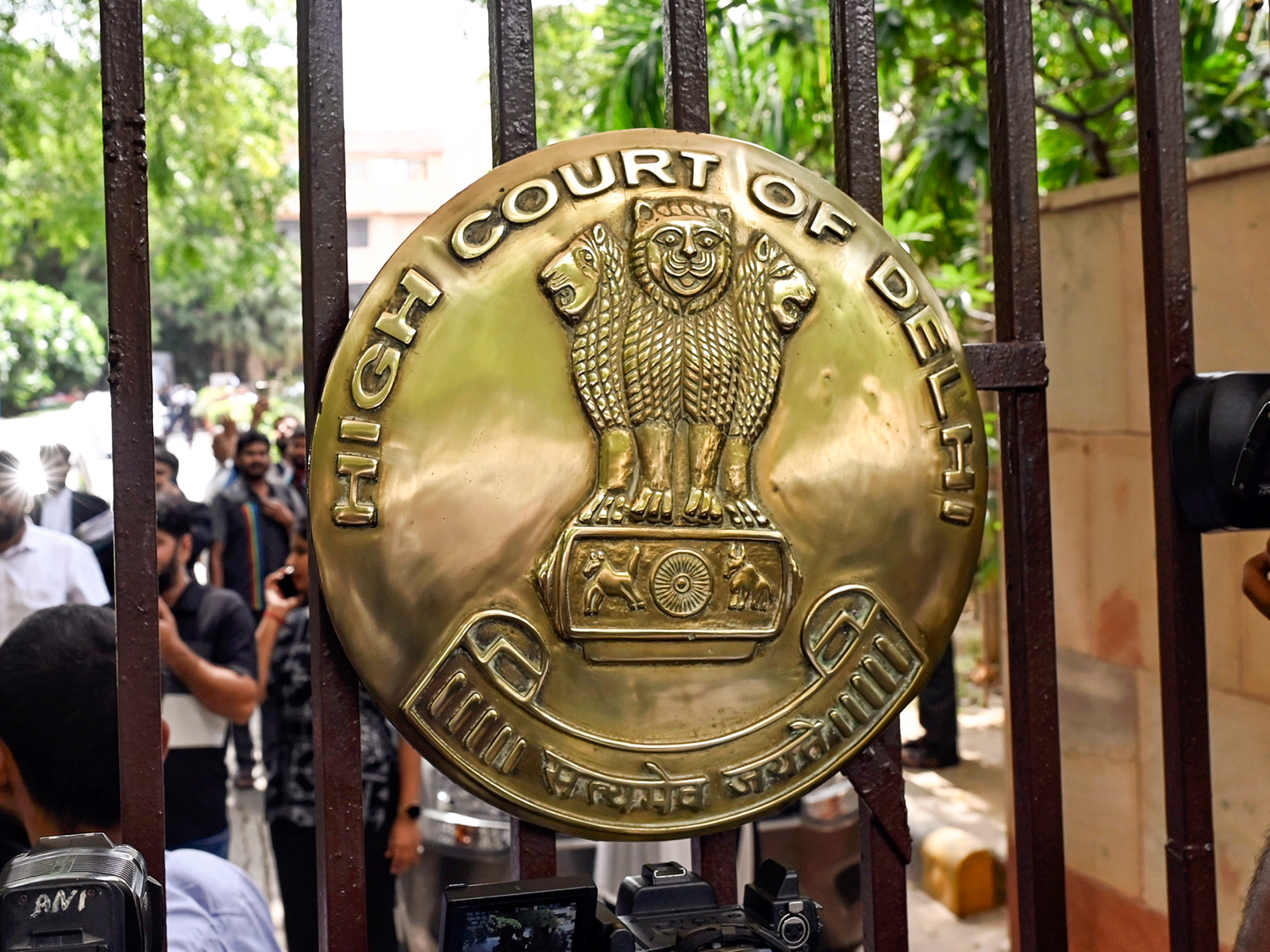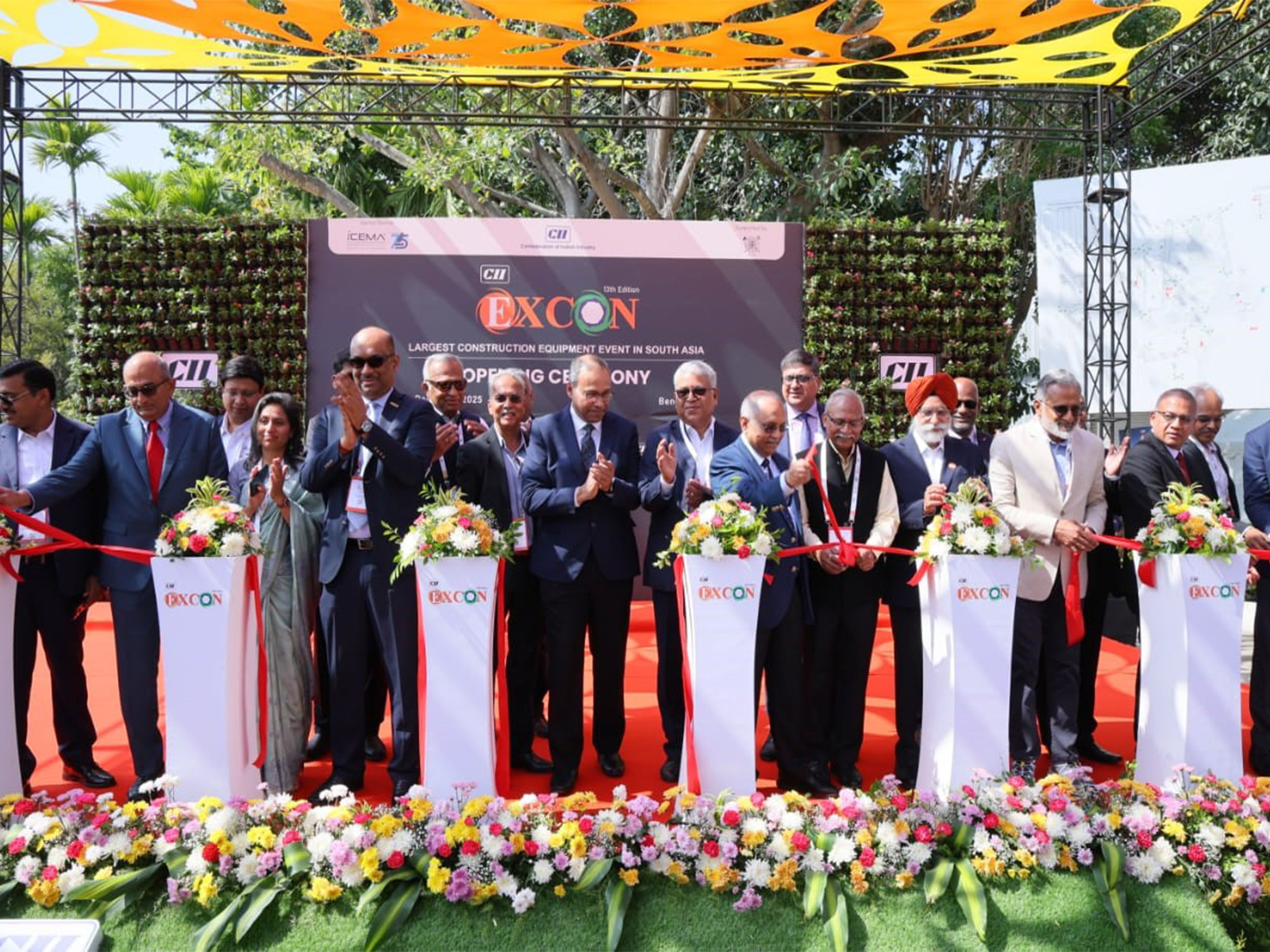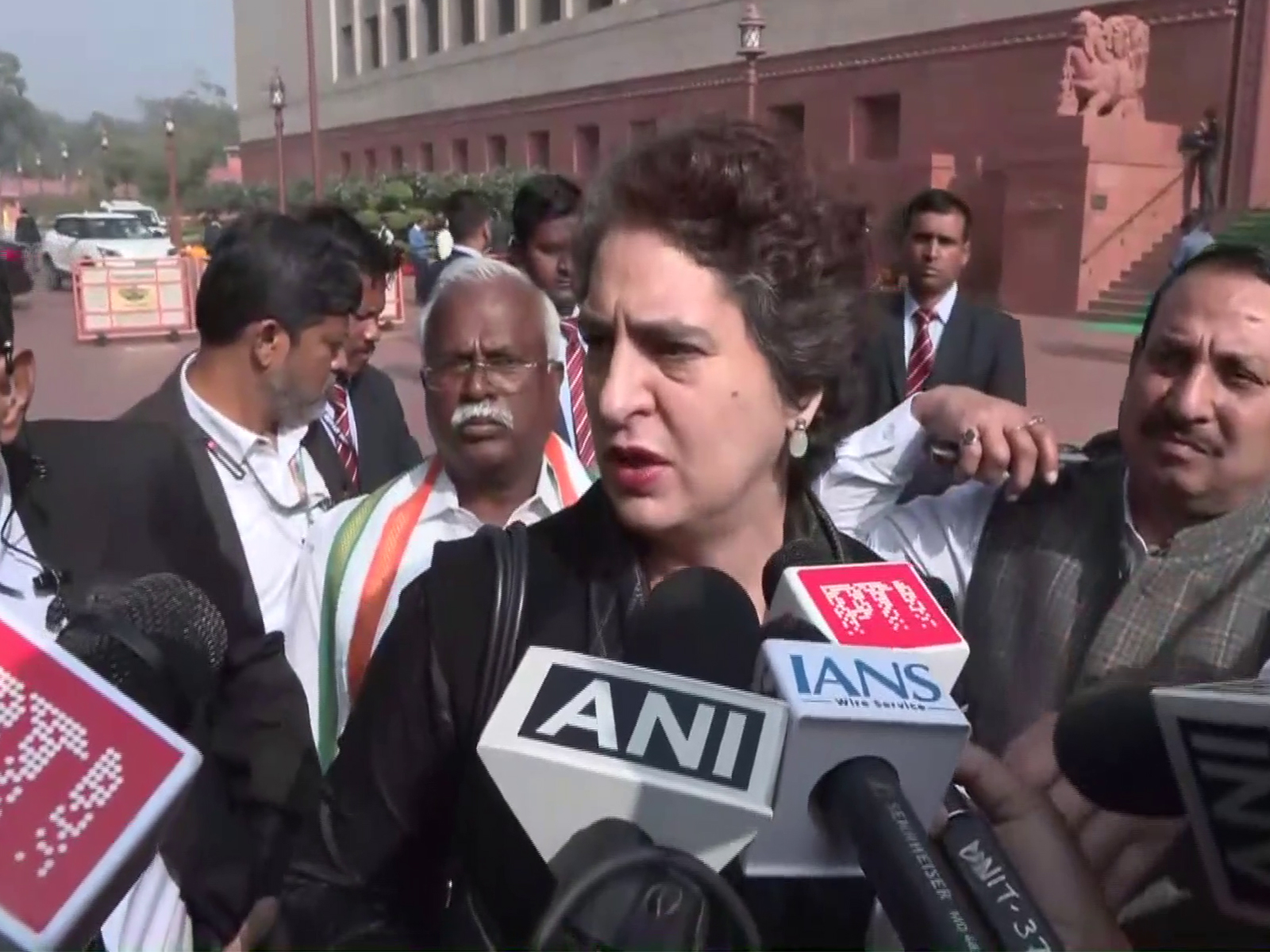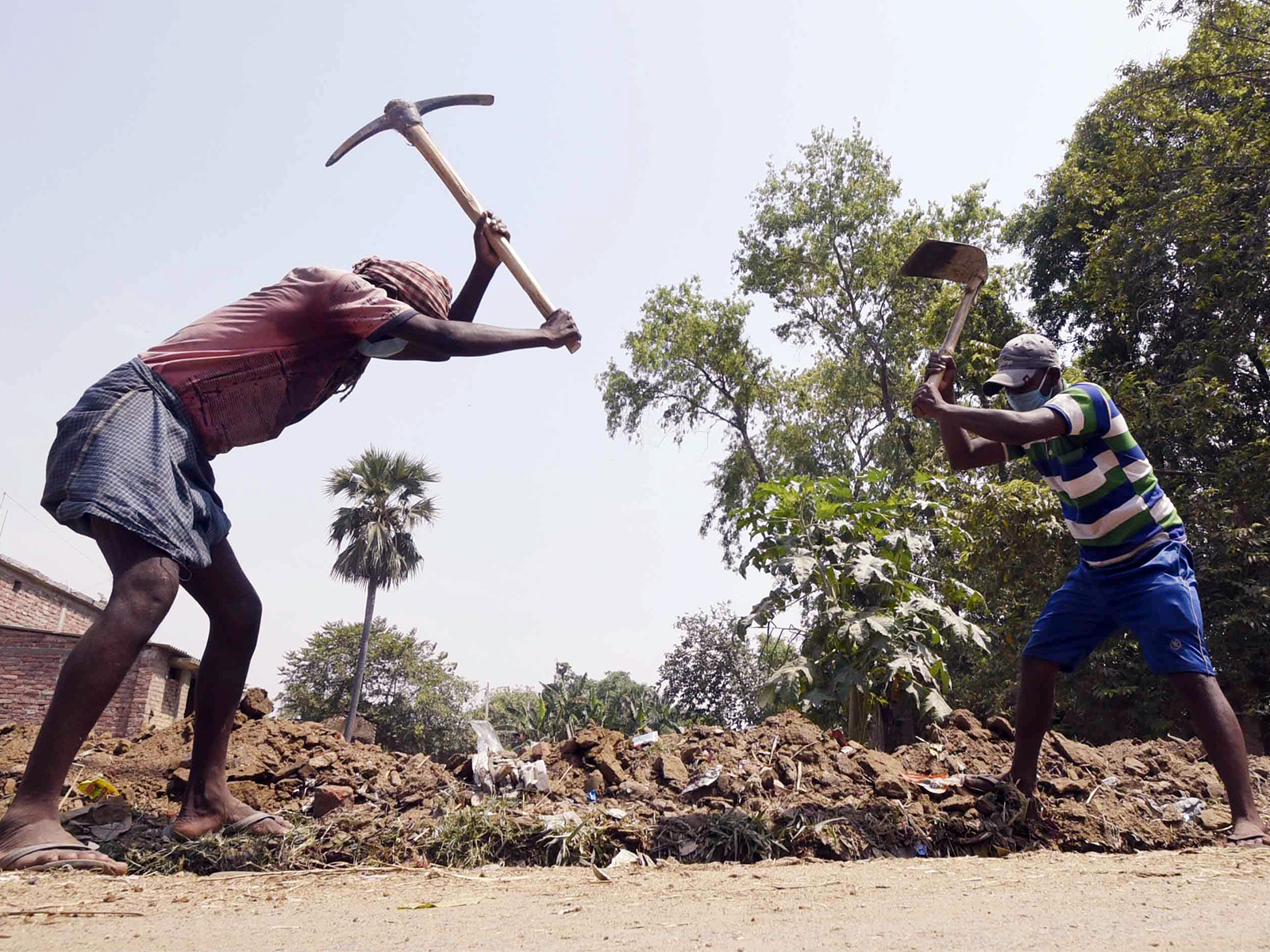Year Ender: India's confident revival under PM Modi's leadership in 2023
Dec 22, 2023

New Delhi [India], December 22 : Diplomacy is all about communication. Nimbleness and swift actions are integral to it and Prime Minister Narendra Modi has been a master at foreign policy since his first term. He relished global engagements.
From managing India's periphery to engaging major global powers, the diplomatic and leadership skills PM Modi has shown India's confident revival, outlined by India's achievements in 2023, including its successful G20 presidency and lunar mission, a post-COVID-19 recovery and robust growth.
Foreign policy during the first term of the Modi government did extremely well. There were hardly, if any, missteps. Across the board, starting with the idea of the 'Neighbourhood First' policy and the idea of building strategic partners, Prime Minister Modi, and his approach towards reaching out to different stakeholders, yielded huge dividends.
As the curtains draw on 2023, it's time to reflect on Prime Minister Narendra Modi's strategic and impactful foreign visits that have shaped India's global standing. Throughout the year, PM Modi embarked on a series of diplomatic missions, fostering international collaborations, strengthening ties, and showcasing India's commitment to global peace and development.
The visits came when the world's geopolitical situations were evolving, and Prime Minister Narendra Modi's visits abroad were a clear message of India's contemporary political belief in Mahatma Gandhi's ideology of non-violence and inclusiveness.
This year was also challenging as India's strongest ally Russia faced criticism for invading its neighboring Ukraine. India managed to maintain its relations with Russia while navigating through these challenging geopolitical dynamics.
Securing an agreement on almost a hundred issues on the agenda, apart from that on the Russia-Ukraine war, was no mean achievement.
The cherry on top of the cake was the Indian G20 presidency that witnessed a refocusing on the challenges of growth and development. It was expressed as an action plan to achieve Sustainable Development Goals, a green development pact, reform of international financial institutions, promotion of digital public infrastructure and encouragement of women-led development.
Convening a global south gathering was a prelude to ensuring the permanent G20 membership of the African Union.
Modi's role and vision at the G7 Summit:
The first challenge for PM Modi was during the G7 summit held in Japan in May, where leaders of G7 countries--Canada, France, Germany, Italy, Japan, the United Kingdom, and the United States--were present. Prime Minister Modi attended the G7 Summit under the Japanese Presidency and emphasized the need for collaboration with Japan and like-minded countries to address global challenges such as climate change, supply chain disruptions, economic recovery, energy instability, healthcare, food security, and peace and security.
Additionally, while addressing the challenges and tensions with China, PM Modi stated, "India is committed to protecting its sovereignty and integrity while promoting the peaceful resolution of maritime disputes based on international law."
PM Modi then visited the Indo-Pacific country, Papua New Guinea (PNG), where he witnessed a rare moment at the Port Moresby airport. PNG Prime Minister James Marape touched PM Modi's feet and sought his blessings, marking PM Modi's first tour to PNG and the first-ever visit by any Indian Prime Minister to the Indo-Pacific country. Despite the tradition of not giving a ceremonial welcome after sunset, Papua New Guinea made a special exception for PM Modi, providing him with a fully studded ceremonial welcome.
Later on, PM Modi received a rousing welcome in Australia, where he highlighted that "Mutual Trust and Mutual Respect" are the foundation of the close historical ties between India and Australia. At a community event in Sydney, PM Modi credited the Indian diaspora in Australia as a force behind mutual respect and trust between the two countries.
Albanese, speaking at the community event, compared PM Modi's popularity to that of the famed rockstar Bruce Springsteen, saying, "Prime Minister Modi is The Boss."
Later in the year, PM Modi visited Dubai, Indonesia, South Africa, Greece, France, UAE, USA, and Egypt.
PM Modi's state visit to the US:
PM Modi made a significant international tour with a visit to the United States, engaging in high-level talks with President Joe Biden. The discussions centred on bolstering the Indo-US strategic partnership, with an emphasis on trade, defence collaboration, and technology transfer. The leaders announced several key initiatives, including joint efforts in renewable energy and climate change mitigation.
A highlight of the visit was the signing of a comprehensive trade agreement aimed at boosting bilateral commerce. The leaders also addressed global challenges such as terrorism and regional stability, emphasizing the importance of a united front in addressing these issues.
The most significant economic achievements of PM Modi's visit were the strategic defence and semiconductor production deals signed between India and the US. These agreements not only enhance India's defence capabilities but also solidify its position as a reliable partner for advanced technology collaborations.
After concluding his visit to the USA, the PM visited Egypt from June 24-25, where Egyptian President Abdel Fattah El-Sisi conferred PM Modi with the 'Order of the Nile.' It was the 13th state honour of its kind conferred on him. PM Modi held a meeting with Egyptian President Sisi during which they signed an agreement to elevate the bilateral relationship to a "Strategic Partnership."
Modi fortifies bilateral ties in key visits to France and the UAE:
In a diplomatic outreach that underscores India's commitment to strengthening global partnerships, PM Modi conducted high-profile visits to France and the United Arab Emirates (UAE). The visits aimed at enhancing economic collaboration, fostering defence ties, and addressing shared concerns.
During his two-day visit to France, PM Modi was conferred with France's highest honour, the Grand Cross of the Legion of Honor, by French President Emmanuel Macron.
During the UAE tour, PM Modi and the UAE President witnessed the exchange of three historic Memoranda of Understanding (MoU). An MoU was exchanged for the establishment of a campus of IIT Delhi in Abu Dhabi between the Indian Ministry of Education, UAE's Abu Dhabi Department of Education and Knowledge, and the Indian Institute of Technology, Delhi (IIT).
This is the first-ever IIT to be set up in the Middle East/North Africa (MENA) region, reflecting the vision of the leaders and paying tribute to the people of India and the UAE who are the backbone of the historic relationship.
India's stance on broadening the BRICS horizon:
PM Modi's visit to South Africa for the 15th BRICS summit held in Johannesburg marked a major development with the group deciding to include six new members: Argentina, Ethiopia, Egypt, Iran, Saudi Arabia, and the UAE. India actively participated in BRICS outreach activities, engaging with other countries and regional organizations to promote dialogue and collaboration. This engagement helped broaden the scope and impact of BRICS initiatives.
Earlier, the core BRICS group consisted of five nations, and there were discussions about potential expansion to include other emerging economies. India has, at times, expressed openness to the idea of expanding the BRICS grouping to make it more representative of global economic dynamics. The new membership will be effective from January 1, 2024. With this expansion, six of the world's nine largest oil producers are now part of BRICS.
Additionally, after visiting South Africa, PM Modi arrived in Greece at the invitation of his Greek counterpart Kyriakos Mitsotakis. In a breakthrough, the two countries agreed to work to further expand bilateral cooperation in political, security, and economic spheres, as underlined in the India-Greece joint statement.
India's strategic engagement with ASEAN nations:
In his last leg of foreign visits in 2023, PM Modi arrived in Indonesia to attend the ASEAN-India Summit. ASEAN is considered one of the most influential groupings in the region, with India and several other countries, including the US, China, Japan, and Australia, as its dialogue partners.
Calling for building a rules-based post-COVID world order, PM Modi said the progress of a free and open Indo-Pacific and elevating the voice of the Global South is in the common interest of all. In his address at the annual ASEAN-India summit in Jakarta, PM Modi described the 10-nation grouping as the epicentre of growth, playing a crucial role in global development.
PM Modi made his last landmark visit of the year to the UAE to attend the Conference of Parties-28 (COP28) in Dubai, the high-level segment of the 28th Conference of Parties (COP-28) to the United Nations Framework Convention on Climate Change (UNFCCC).
During his UAE visit, PM Modi noted that climate change has had an immense impact on countries in the Global South. He emphasized that to fulfil the aspirations of the Global South, climate finance and technology are essential. The prime minister underlined that countries in the Global South, including India, have a smaller role to play in climate change, but the impact of climate change on them is immense.
PM Modi's foreign visits have further solidified India's diplomatic and economic ties with these crucial partners. The outcomes of these visits are expected to not only deepen cooperation in existing areas but also pave the way for new avenues of collaboration. As India continues to play a pivotal role on the global stage, these engagements underscore its commitment to building strong and mutually beneficial partnerships across continents.
Under PM Modi's leadership India's diplomatic efforts, regional engagement, portraying a confident and capable nation on the global stage, he managed to carve out personal equations with world leaders which has paid dividends.
